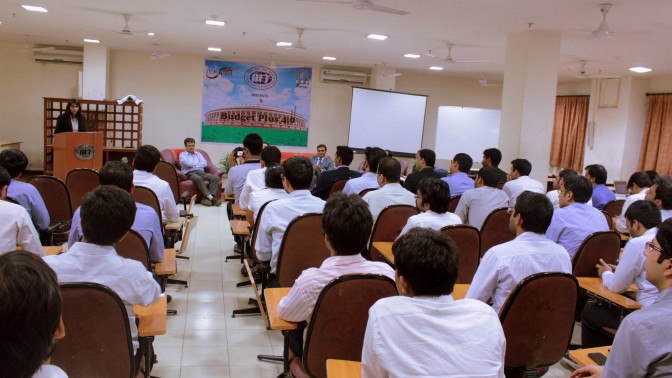You might like reading:

Risk Free Rate- Logic behind Assumptions
The cost of Equity is given as Ke = Rf + Beta* ( Rm-Rf) Where Rf = Risk free rate Rm= Expected return from the market Here, Risk Free rate is rate at which there lies no variance around the expected return rate. It means that on a risk free asset, the actual return is equal to the expected […]

BUDGET PLUS 4.0 , IIFT Kolkata
As Union Finance Minister Arun Jaitley has rightly said, “Though the Union Budget is essentially a Statement of Account of public finances, it has historically become a significant opportunity to indicate the direction and the pace of India’s economic policy. “ Therefore,Indian Institute of Foreign Trade Kolkata organises an annual event to facilitate a discussion on the Union Budget. The […]






























